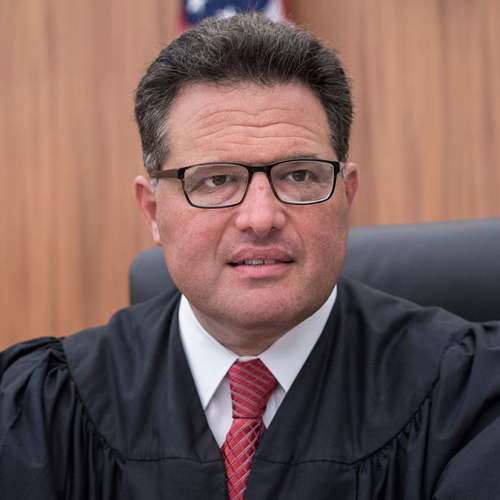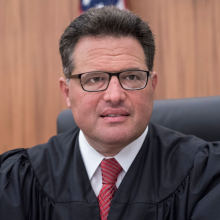Unprecedented Situations, Innovative Solutions: The Rhode Island Superior Court’s Plan to Save Businesses
 The COVID-19 pandemic has had a devastating impact on businesses, forcing nearly 80,000 small business to permanently close their doors from March 1 through July 25 of 2020, and resulting in lost investments, jobs, and household income. When small businesses (firms with less than 500 employees) make up 44 percent of all economic activity, widespread and simultaneous business closures have an immediate and significant impact on the economy and long-lasting negative implications on economic recovery.
The COVID-19 pandemic has had a devastating impact on businesses, forcing nearly 80,000 small business to permanently close their doors from March 1 through July 25 of 2020, and resulting in lost investments, jobs, and household income. When small businesses (firms with less than 500 employees) make up 44 percent of all economic activity, widespread and simultaneous business closures have an immediate and significant impact on the economy and long-lasting negative implications on economic recovery.
In response to the aftermath—both current and prospective—caused by COVID-19 to businesses throughout the state of Rhode Island, the state’s Superior Court implemented a Business Recovery Plan (BRP) with the goal of preserving businesses—in addition to protecting the investments made in them and jobs created from them—as they climb through recovery and stabilize their operations and accounts. “Unprecedented situations call for innovative solutions,” said Presiding Justice Alice Bridget Gibney at the launch of the recovery plan. As part of BRP, the COVID-19 Receivership Program (Program) was created. This Program is available to businesses including nonprofit entities, of any size, that “were not in default on its debts prior to the pandemic,” and upon petition to the court, allows the business an opportunity to work with a receiver under a non-liquidating receivership and operating plan.
Essentially, the Program provides businesses with 1) the expertise and supervision of the court’s business calendar through the program manager and receiver, and 2) an injunction providing protection from creditors as the business continues operations, accesses new working capital, and pays debts under a court-approved operating plan. This model is different from a traditional liquidating receivership that “typically results in the business being sold for the benefit of its creditors.” In addition, the Program is unique in that it allows the business owner to operate and remain in control of the company during the receivership and under the operating plan. “Since its inception nearly 20 years ago, the Superior Court Business Calendar has expedited litigation to preserve economic investment and jobs in our state,” said Associate Justice Brian P. Stern. “Rhode Island businesses deserve the opportunity to stabilize their operations and generate revenues again.”
Rather than silently watch as our businesses across the state fold to the inevitable impacts of the pandemic, the BRP was proactively created to be available to businesses when owners start to consider whether they can stay afloat from the economic effects of the pandemic. All conferences and proceedings under the Program are conducted via Webex®, which is the Rhode Island Supreme Court’s remote conferencing system that was adopted during the pandemic emergency while there was no physical attorney or public access to the courthouse (except for emergency or essential matters). This is yet another effort under the BRP to “keep the wheels of justice moving during this emergency period,” as explained by Justice Stern.
To date, while there have been numerous inquiries, no business has filed for the Program. However, the Program architects—Justices Stern, Licht, and Taft-Carter—and the court-appointed program coordinators—attorneys John A. Dorsey and Mark Russo—suspect that as Paycheck Protection Program (PPP) funds deplete, sales loom far from pre-pandemic volume, and evictions resume, struggling businesses will need to weigh all options. This Program provides struggling businesses with the lifeline needed to recover rather than permanently closing shop. In fact, Attorney Dorsey has seen an increase in Program inquiries in the month of August and September.
Besides Rhode Island, the First Judicial District of Pennsylvania Court of Common Pleas of Philadelphia County has adopted a similar plan, titled the Commerce Court Temporary Financial Monitor Program.
For more information on the BRP and Program, please see the BRP Reference Guide published by the National Center for State Courts and the BRP FAQ Sheet.




